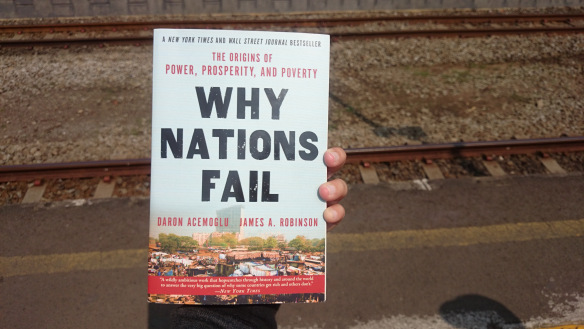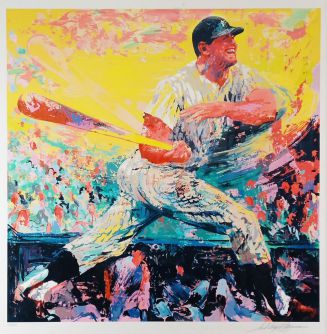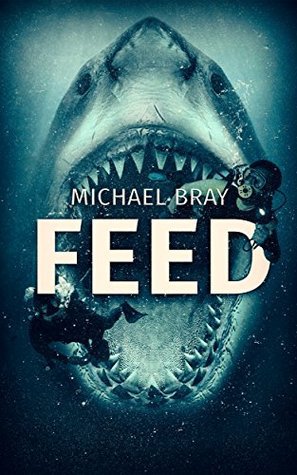“For who brooded over the meaninglessness of life anymore? Teenagers? They were the only ones who were preoccupied with existential issues, and as a result there was something puerile and immature about them, and hence it was doubly impossible for adults with their sense of propriety intact to deal with them. However, this is not so strange, for we never feel more strongly and passionately about life than in our teenage years, when we step into the world for the first time, as it were, and all our feelings are new feelings.
-Karl Ove Knausgaard, A Man In Love
 Enric Martinez. Ov Fire and the Void. 2010. Flickr.com. Web. 17 Jun. 2017.
Enric Martinez. Ov Fire and the Void. 2010. Flickr.com. Web. 17 Jun. 2017.
There is a somewhat deranged sense of priority in adulthood, at least for those of us who don’t so strictly fit into its more common motivations. The twenties are easy enough, demanding that we party and work and experience and make friends, but as one moves into the true test of adulthood – the thirties – there is an overarching sense of what defines maturity. If one removes themselves from the struggle towards higher-paying jobs and fancy titles, husbands and wives, babies and SUVs, the questions left behind are those often dictated by that internal sense of nihilism.
Recently, I started reading A Man In Love, the second book by Norwegian author Karl Ove Knausgaard in the Min Kamp series. While I came to the book with preconceived notions, as one might when they begin reading a book that translates to My Struggle, Knausgaard’s opus is carried through six books and follows the lives of those close to him in longwinded, sometimes prosaic soliloquys fused with philosophy and daily life details. While there are writers who have explored the mundane, Knausgaard’s commitment to the subject is both understated and ultimately absorbing. It is the ever-existing awareness of an internal life, its doubtful moments, that makes it easy to empathize with.
Speaking by definition, nihilism is “the rejection of all religious and moral principles, often in the belief that life is meaningless.” Long-term, nihilism is a hard state to remain in and function. I remember the brooding teenage years when the smallest things were felt so deeply, when Sylvia Plath books and the poems of Baudelaire took on epic proportions, illuminating an obscured other world. But, in the place where meaning is grasped for and not felt, it is hard to build anything. The move into adulthood and its signposts is supposed to represent maturity, but in a world where we humans are perilously aware of our own demise, sometimes these signposts can be even more antithetical to life than the questions asked. A life of abundance, of cars and houses and babies, may seem well lived, but without examination – an actual countering of what life means – what can these things be other than abundance?
In F. Scott Fitzgerald’s literary classic, The Great Gatsby, the character of Daisy Buchanan is a representation of this void that can spring up out of a need to be shaped, immediately, without an interest in the question of what such permanent choices mean. As is written of Daisy, “All the time something within her was crying for a decision. She wanted her life shaped now, immediately – and the decision must be made by some force – of love, of money, of unquestionable practicality – that was close at hand.” While Jay Gatsby, the man who loves Daisy, is committed to his resolve and loyalty for her, she is not riddled by the pursuit for meaning, but rather, the appearance of things and their ability to consume her interest. Even though the objects that surround Daisy cannot effectively fill her, she is less suspect than Gatsby, who stays true to his intrinsic sense of value, not deviating from it despite the cost.
It takes times to create a vantage point to live truthfully from, but like Daisy Buchanan, the longing to be shaped can seem to shut away the worst of teenage torments, a nihilism that persists at the edge of life. But the world outside the window, louder than ever, bangs loudly and forces us to act. In ceasing to ask the questions and maintaining only propriety though, we do not save ourselves from the questions, for the dark root of that old feeling remains, tethered to an existence it may or may not recognize.
Advertisements Share this:




